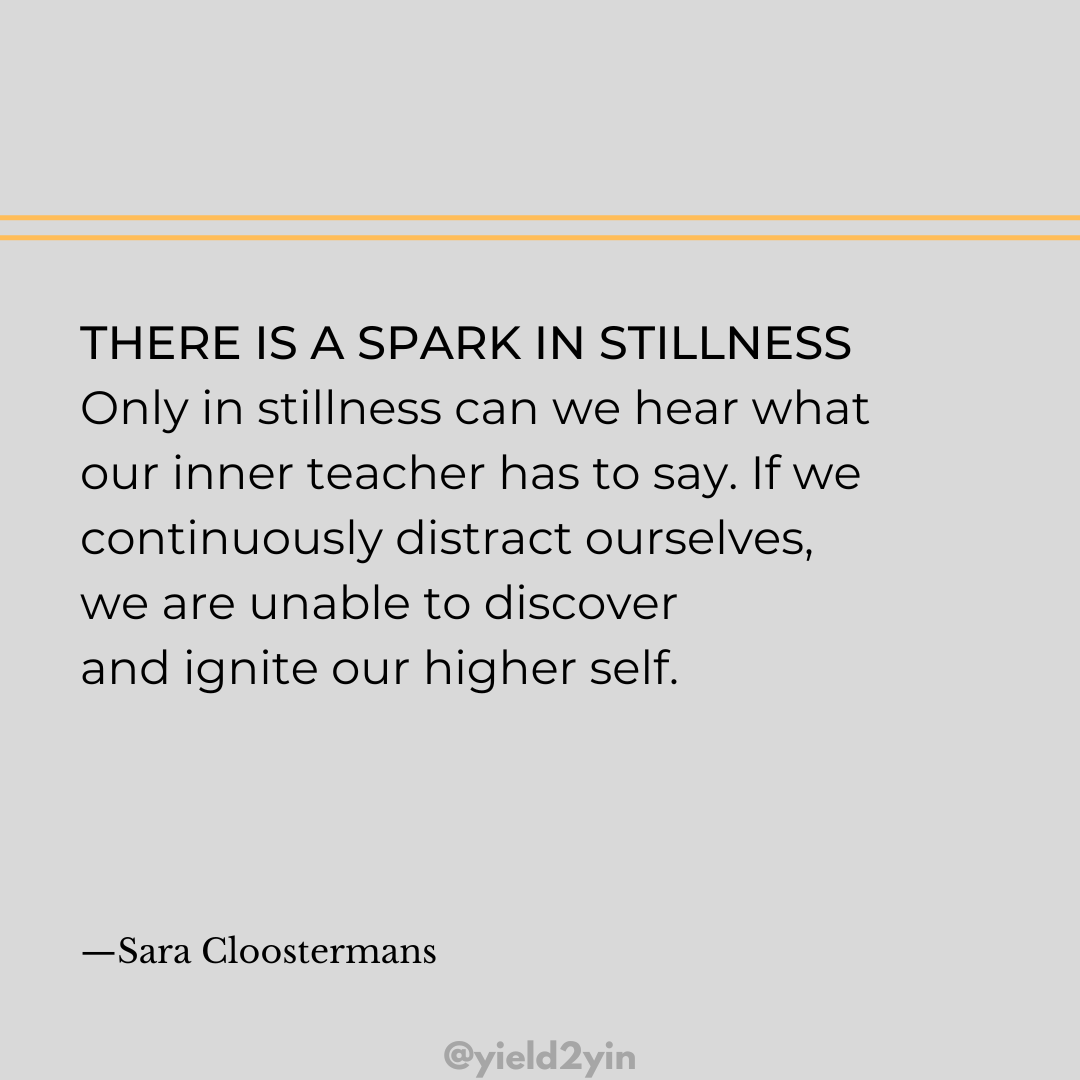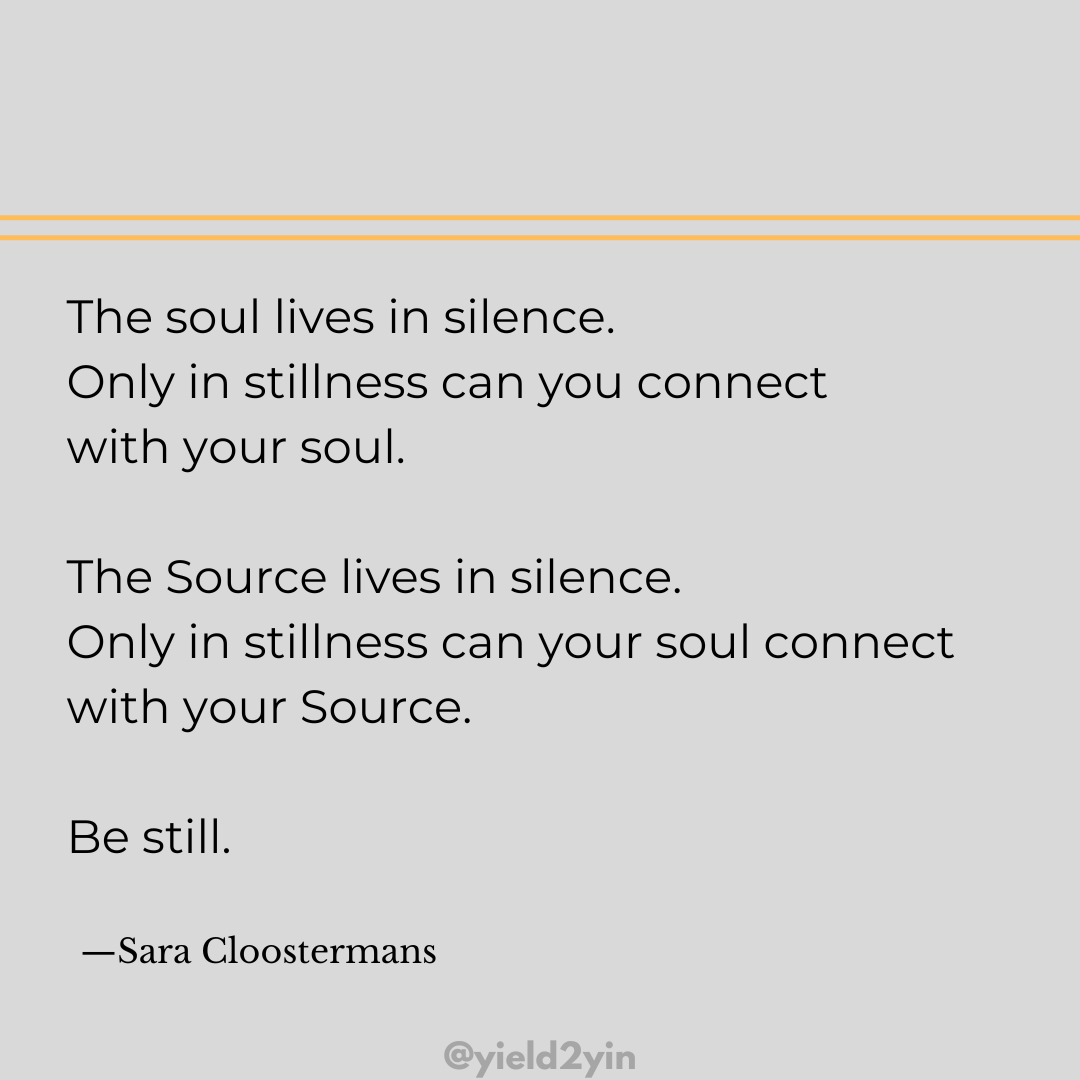Does this sound familiar? Somebody you care about has just experienced a painful loss. You want to comfort them with your words, but you’re afraid you’ll accidentally say the wrong thing. Or maybe your mind goes blank. You have no idea what to say to a grieving person.
Here are 10 ideas of what to say and what to avoid. These are all real-life examples pulled from both my personal and my clients’ experiences around loss (let’s call the grieving person “Andrea” and the person she lost “Carl”).
10 Things Not To Say To A Grieving Person (& What To Say Instead)
1. Don’t ask probing questions. Do ask general open-ended questions.
DON’T: “How did Carl die?” Or worse, “How did he take his life?” (when someone died by suicide).
Just ask a more general question, such as “What happened?” or “How/When/Where did you find out about Carl’s passing?” Then, Andrea can give you as little or as much information as she wants, which may not include the cause of death.
2. Don’t ask narcissistic questions. Do ask caring selfless questions.
DON’T: “Was he a smoker?” (if you find out Carl died from lung cancer) or “Was he wearing a helmet?” (if he died in a biking accident).
Questions like these are tactless, insinuating the deceased had it coming if the answer is “yes” to the smoking and “no” to the helmet wearing. How the deceased’s life choices may or may not have contributed to his own death is likely not the main reason Andrea needs your support. If it is, give Andrea the chance to tell you herself without asking these types of probing questions.
3. Don’t make insensitive remarks. Do make sensitive comments or, if you don’t know what to say, stay quiet.
DON’T: “Oh, I forgot Carl died.”
If you forgot, that is OK. I understand that Carl may never have been a part of your life or that he may have died a long time ago. Just don’t tell Andrea that you forgot. The death of Carl may be her first thought when she wakes up every morning and her last thought before she tries to fall asleep at night, whether she wants it to be or not.
4. Don’t check in “between the soup and the potatoes.” Do schedule uninterrupted time when you check in.
DON’T: “Oh, my husband just walked in from work; sorry, I have to hang up now.” or “I’m sorry that the kids are being so loud in the back of the van, but we are on a road trip; anyways, how are you?” when you are calling to see how Andrea is holding up shortly after Carl died.
When you check in with Andrea, make time, stay single-focused for at least half an hour, and make sure it is quiet in the background. You can start the conversation by letting Andrea know that you are prioritizing her at that moment in time: “Hey there Andrea, I’m sorry it took me a few days to connect with you, but now I’m all yours, I promise. How have you been holding up?”
5. Don’t assume the deceased’s old age necessarily diminishes the pain. Do acknowledge the pain of the loss regardless of the age of the deceased.
DON’T: “At least Carl lived to be 95; what a long life he had!”
This may very well be true, but this does not mean that Andrea is experiencing fewer feelings of grief and loss. When parents live to be old, for example, it means that the children who lost them had more years together with them, so if there was a close parent-child relationship, there is now an enormous missing part in the children’s hearts. Someone can have a loving father for only 20 years and someone else can have a loving father for 70+ years—either way, it is not for us to determine that one loss is more or less painful than the other; we just don’t know. It is safest to assume that the loss is significant regardless of the age of death.
6. Don’t show videos of the deceased shortly after they died. Do share photographs of the deceased and talk about the memories they bring up.
DON’T: “I found a video of Carl from when we all went on that LA trip together. Let me show it to you.”
Videos can be very confrontational and therefore triggering. I suggest that Andrea and you start by looking at some pictures of Carl together, instead of videos. Pictures tell a story too, so talk about the stories related to the different photographs. Down the line, Andrea may be open and ready to watch videos of Carl. Give her time and, ideally, ask Andrea first before sharing video clips.
7. Don’t minimize someone’s grieving experience. Do stay on the cautious side of things and lean towards exaggerating rather than underestimating someone’s pain and sorrow.
DON’T: “It’s probably better that Carl died instantly, so he did not have to suffer.”
I’m not suggesting that you catastrophize an already awful loss, but this is not the time for positivity. I’m sure you have heard of the term “toxic positivity”—well, this may be one of those instances. Toxic positivity for someone who is in deep pain can be very hurtful. If Andrea wants to make the mood lighter, let her do it and then just follow her lead.
8. Don’t point out that someone is a novice at grieving. Do validate the stage in their grieving process that they are in.
DON’T: “I know you have never lost anyone significant before, so dealing with a loss is not something you are familiar with yet. Remember, Andrea, eventually everyone has to die; it’s the circle of life.”
First of all, you may not know with certainty if someone has ever experienced a loss or not (think miscarriages, for example), and secondly, there is no being “good or bad” at grieving. There is no contest. I understand that, if you are quite elderly, you have learned to navigate grief differently than when you experienced your first few losses. However, pointing this out to others who are knee-deep in their grief is hurtful. They don’t need to hear that you find funerals comforting, for example. Just keep that to yourself.
9. Don’t use terms such as “getting over” or “finding closure” in reference to the time when grief and loss has or will become more tolerable. Do acknowledge that the grieving person will grieve forever.
DON’T: “I understand that it will take you a long time to get over Carl; the two of you were so perfect together.”
I discourage using terms such as “getting over” and “finding closure” after someone loses a loved one because there simply is no such thing. Initially, Andrea will do her best just to set one foot in front of the other while still living mostly in the past, and eventually (hopefully), she will be able to move forward and imagine a future without her lost loved one.
10. Don’t use the term “moved on” in reference to someone finding a new romantic partner. Do assume that they are still grieving their lost loved one while in a relationship with their new partner.
DON’T: “I’m so glad that you were able to move on and start a new life with Jay (Andrea’s new love interest).”
Andrea has not “moved on” with her new romantic partner. “Moving on” sounds like Andrea is “over” her former partner and now “onto the next one.” It does not work this way. Grief and loss are complex. People can start a relationship with someone new and still deeply love and grieve their first love who has passed on; one is not exclusive to the other. Even 20+ years into the “new” relationship, there is still no “moved on.” The grief will always be there, and that is OK.
The reality is that you will grieve forever. You will not ‘get over’ the loss of a loved one; you will learn to live with it. You will heal and you will rebuild yourself around the loss you have suffered. You will be whole again but you will never be the same. Nor should you be the same nor would you want to.
Elisabeth Kübler-Ross
Just Listening Is Good Too
At the end of the day, try to put yourself in their shoes and be willing to see the missing hole in their heart, which will be there forever. At least, give it a try—not just to better support your loved ones who are grieving, but for your personal growth; don’t underestimate what you are capable of.
But also realize that you may not have to say anything at all. If you don’t know what to say to a grieving person, stay silent. Just listen and be present. Bear witness to their pain. That too is creating a safe holding space. That too is enough.
Yield2Yin
- Healing Card Deck: A Therapist’s Advice 55-Card Healing Deck by Sara Cloostermans
- Book Recommendation: The Five Keys to Mindful Communication by Susan Gillis Chapman
- Mantra: I AM GENTLENESS // repeat with diaphragmatic breathing
- Yin Yoga Asana: Dragonfly Pose
This page includes Amazon Associate affiliate links, which means I may earn a small commission at no cost to you if you purchase a product I suggest. I only recommend products I believe in. Learn more HERE.







